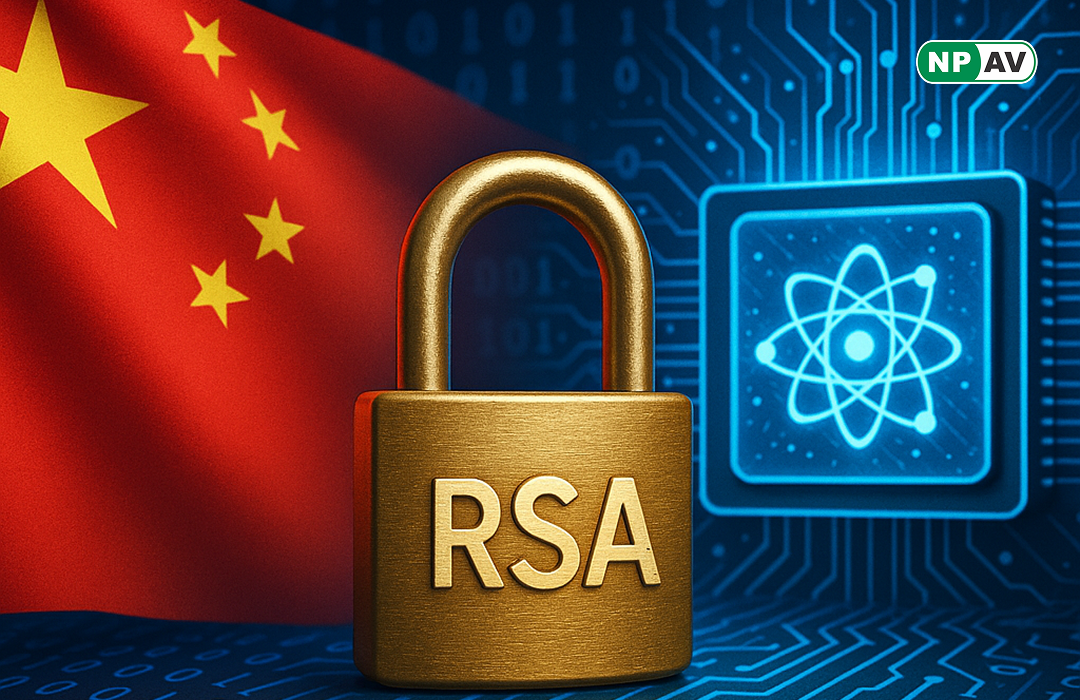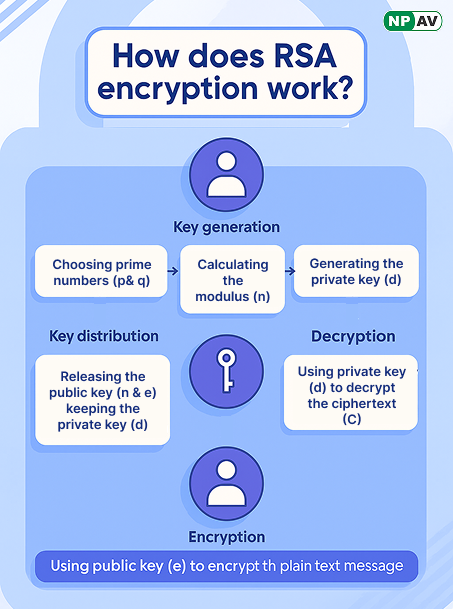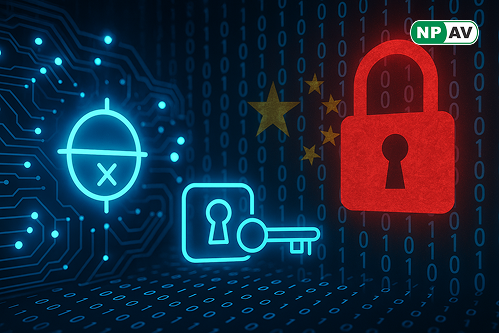Quantum Computing Breakthrough: China’s RSA Encryption Challenge Threatens Global Data Security

Recent developments in quantum computing have raised alarms in the tech world, as a team from Shanghai University successfully factored a 22-bit RSA integer using a quantum annealing processor from D-Wave Systems. This experiment indicates that the foundational mathematics behind RSA encryption, which has secured data since its introduction in 1977, may be vulnerable to quantum advancements.


While traditional computers require significant time to break 2048-bit RSA keys, the researchers demonstrated that quantum machines could tackle cryptographic problems more effectively. They translated the factorization challenge into a Quadratic Unconstrained Binary Optimization problem, allowing the D-Wave system to find solutions by enabling qubits to tunnel through energy barriers.
Although a 22-bit key is relatively small compared to standard RSA keys, this achievement marks a significant step beyond previous attempts that only reached 19 bits. The implications are serious, as experts warn that advancements in quantum computing could threaten data security and privacy for businesses worldwide.


While universal quantum machines can run Shor’s algorithm to break RSA encryption, D-Wave’s annealers focus on combinatorial optimization, sidestepping current limitations but facing challenges with scaling. As quantum technology progresses, organizations must act quickly to audit their cryptographic systems and transition to post-quantum cryptography standards, as highlighted by recent NIST guidelines.






